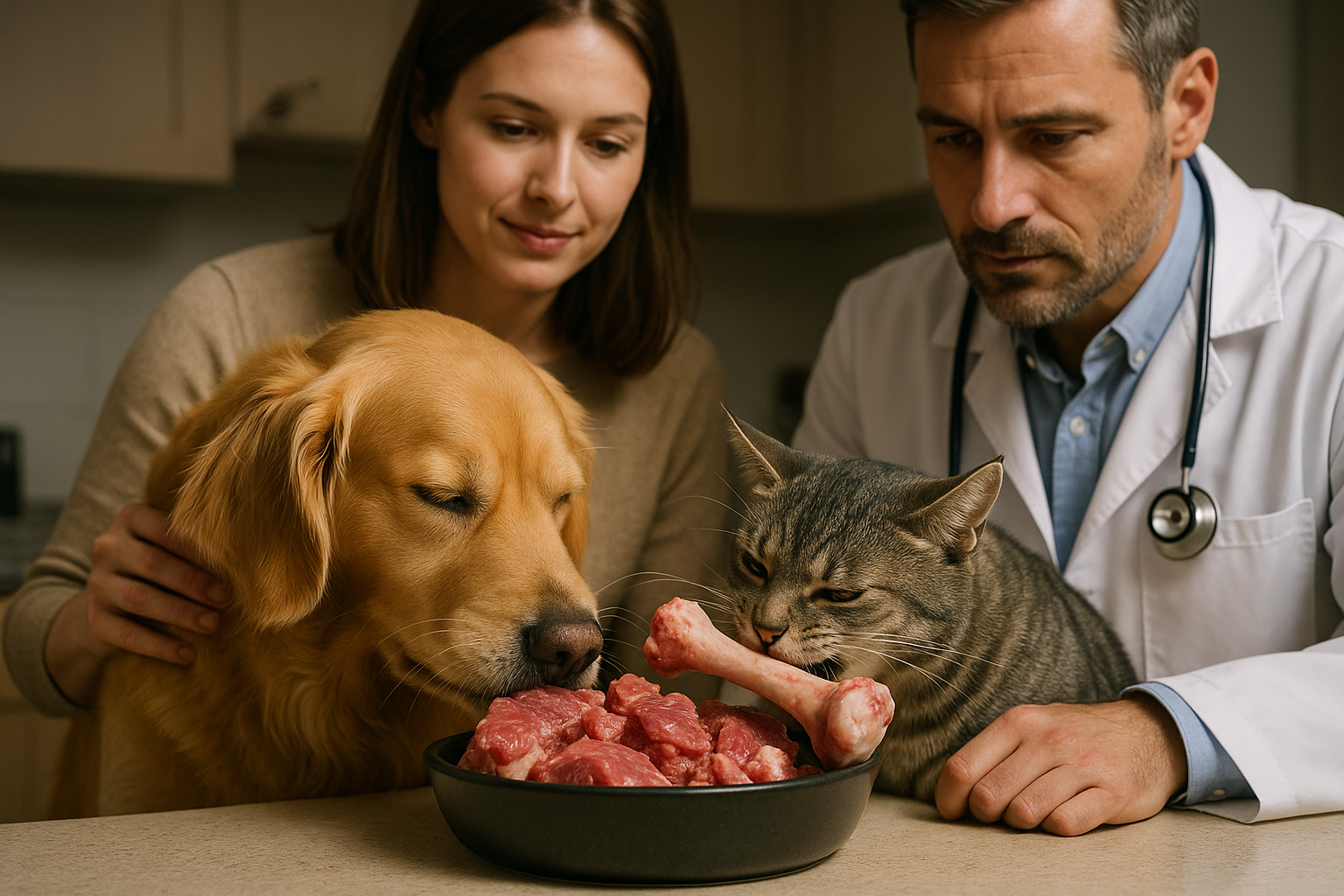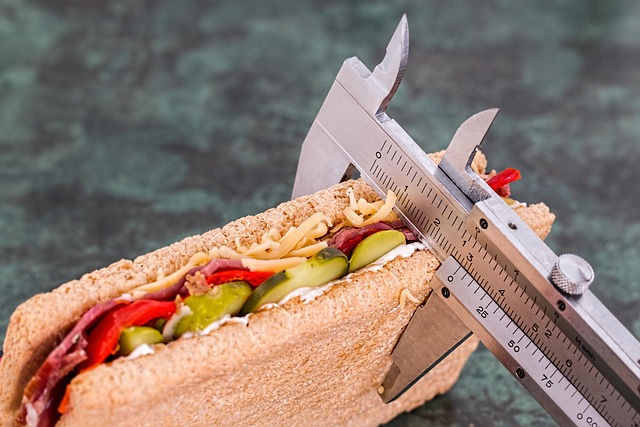Dental and preventive care: everyday practices for lasting health
Daily preventive routines support a pet’s long-term health by reducing disease risk and improving quality of life. Simple, repeatable practices—covering dental hygiene, feeding, grooming, and routine checks—help owners keep animals comfortable and active while spotting issues early.

Daily oral and preventive care are central to a pet’s wellbeing. Regular attention to dental hygiene, balanced nutrition, consistent grooming, and safe exercise routines reduces the chance of chronic disease and supports behavior and training efforts. Small, everyday practices help owners maintain clean habitats, observe changes in appetite or mobility, and coordinate with veterinary care when needed. Building predictable daily patterns also supports adoption transitions and long-term adjustment for animals joining a new household.
Grooming and habitat care
Grooming is more than aesthetics; it helps you monitor skin, coat, and signs of discomfort. Brushing removes loose hair and debris, distributes natural oils, and gives an opportunity to check for lumps, parasites, or dental drooling. Regular habitat cleaning—bedding, litter areas, enclosures—reduces bacterial load and stress. For reptiles and small mammals, maintaining appropriate humidity and substrate supports skin and oral health. Integrate short grooming sessions into daily routines to make them predictable and less stressful for both pet and owner.
Nutrition and dental health
Diet directly affects oral and overall health. High-quality nutrition tailored to species, age, and health needs can slow plaque buildup, support immune function, and maintain appropriate body condition. Some commercially available diets and dental treats are formulated to reduce tartar in specific species, but mechanical cleaning and professional checks remain important. Monitor eating patterns, chewing behavior, and weight. If you notice reluctance to eat, increased drooling, or bad breath, consult a veterinarian for an assessment and appropriate dietary adjustments.
Behavior, training, and enrichment
Consistent behavior and training routines make daily care tasks easier to perform. Training pets to accept tooth brushing, nail trims, or carrier travel reduces stress during veterinary visits and grooming. Enrichment—puzzle feeders, chew toys, and novel scents—supports mental health and can encourage natural chewing that helps dental wear in some species. Observe behavioral changes such as irritability, pawing at the mouth, or reduced play; these can indicate dental pain or other health issues that warrant a professional exam.
Veterinary checks and preventive care
Regular veterinary exams are the backbone of preventive health. Routine checkups allow early detection of dental disease, infections, and systemic conditions that manifest in the mouth. Vaccination schedules, parasite prevention, and dental assessments should be discussed with your local services and tailored to species and lifestyle. Keep records of dental cleanings and any treatments; these help the veterinary team track disease progression and recommend timely interventions to maintain lasting health.
Exercise, safety, and travel considerations
Exercise and safe handling influence physical and oral health. Adequate daily activity supports circulation and digestion, which can indirectly benefit oral tissues. When traveling, maintain familiar feeding and oral-care routines to minimize stress; use secure carriers and ensure water availability. Safety measures—such as secure enclosures for small animals and supervised outdoor time for cats and dogs—reduce risk of trauma that might impact dental status. Plan travel and activity in consultation with your veterinarian, especially for animals with known dental or medical conditions.
Adoption, long-term planning, and local services
When adopting, inquire about past dental care and any ongoing treatments so you can continue preventive routines from day one. Establish a relationship with local services—veterinary clinics, dental specialists, and groomers—to coordinate care and schedule preventive visits. Long-term planning includes budgeting for routine exams and potential dental procedures, arranging pet-proof habitats, and integrating enrichment and training plans that support health. Maintaining clear records helps new owners and professionals provide consistent, informed care.
This article is for informational purposes only and should not be considered medical advice. Please consult a qualified healthcare professional for personalized guidance and treatment.
Consistent daily habits—brushing when possible, observing appetite and behavior, keeping habitats clean, and ensuring balanced nutrition—create a foundation for lasting health. Preventive care reduces the chance of advanced dental disease and supports overall wellbeing, making routine attention a practical investment in a pet’s quality of life.






